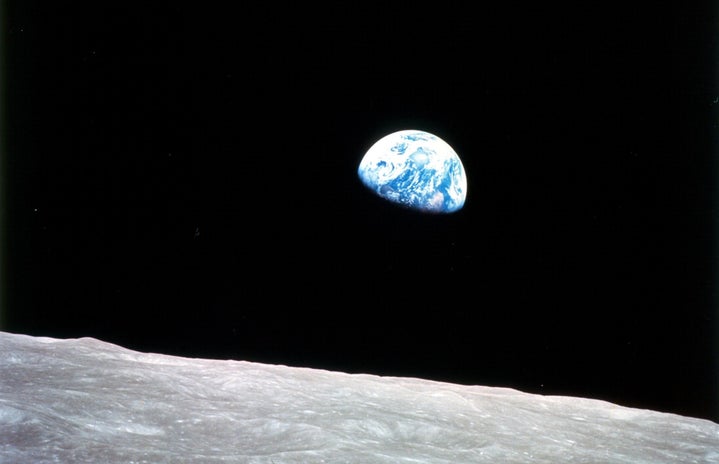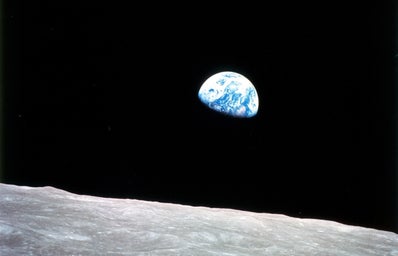It’s no shocker that humans have a huge impact on the environment. With increasing human population comes increased pollution, increased urbanization and decreasing wildlife diversity. We are at the top of the food chain, and when ecosystems become top-heavy they begin to break down – which is what will happen if we continue to be careless with how we treat the environment and the other species within it. Global warming has been an ongoing issue for years and years, and it only continues to get worse; the truth is, we are most certainly going to be the generation that needs to fix this, because we are the ones most effected. Our future depends greatly on the measures we take to combat nature pollution and climate change over the next few decades. It is pivotal to get this under control before we reach a point where climate change cannot be reversed.
It’s important to note that we are taking steps in the right direction. Everywhere you look, governments and major corporations are beginning to cut down on plastics such as straws, plastic bags and other disposable garbage. There are numerous organizations that aim to clear the oceans of pollutants such as plastics and other garbage. However, regardless of this, we still have a long way to go if we want to conserve the planet that we call home. Activities such as mass fishing, mass production in factories, littering and far more are still a major problem today and have detrimental impacts on the environment. Most of the problems caused by this pollution will have to be dealt with by – you guessed it – our generation, because we are the future. We are the ones that will likely need to take the most drastic measures to slow down the impacts that the human population has already made on the environment. It is currently debated on whether or not it is too late to undo the effects of climate change, but that doesn’t mean we shouldn’t be trying to fix it. Technological advancements are being made every day, and these are vital when it comes to both conservation of the environment and adaption to live in a warmer climate in the potential future.
Although there have been some memes about nature healing (such as “crabs returning to the airport”, which I got a laugh from), the truth is that nature has been thriving with the majority of human population staying indoors. This has been reflected in things such as the increased wildlife sightings throughout Canada and the clear canals in Italy due to decreased boat traffic. Mass production has been slowing down, humans are not around to pollute outside, and more – and it is all reflected in the ecosystems.
Now, this doesn’t mean that we have to put a halt on human actives to “fix” the damages already done to the earth. We simply need to be more aware of it and take measures to decrease the impacts that we already have on the environment. We are already seeing these kinds of changes in wildlife after being isolated for about a month – it just shows us that it’s not too late to at least try and fix some of the problems that we as a society have created.



